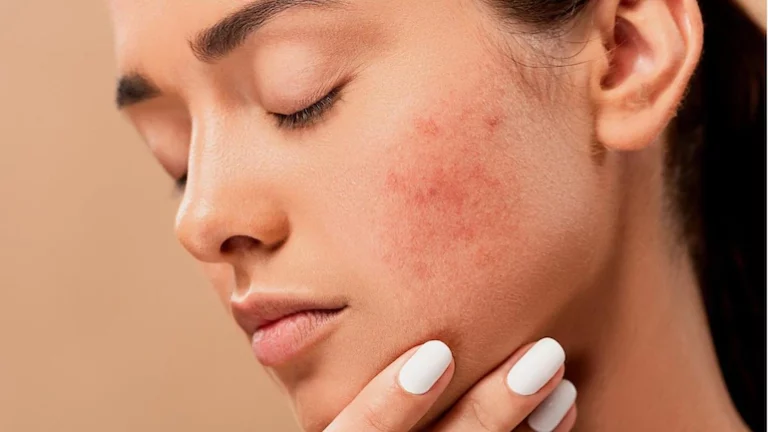Getting clear skin is a difficult task for many people. However, there are alternative treatments to get clear skin depending on the person’s skin type. Meanwhile, acne and blemishes affect people who have dry, oily skin or a combination of dry and oily skin. Hence, with many skins care and cosmetic products promising clear skin, you must always maintain a sanitary and skincare regimen, which can help you avoid acne breakouts or set an appointment for acne treatment. Hence, by doing these practices, you will achieve clear and radiant skin.
Tips to Get Healthy Skin
There are many skincare guidance for diverse skin types and general tips that people can follow. However, anyone unsure about their skincare routine or acne treatment should get advice from a dermatologist. So, here are some tips you can apply:
Have a Skin Care Regimen
Acne is a skin ailment that affects one’s face, upper arm, and back since these are the parts of the body with the most oil glands. Acne is most common among teenagers, but it can strike anyone of any age. As such, a daily skincare regimen can prevent these breakouts, dark spots, and scars.
Moisturise
All skin types benefit from a daily face wash, while face moisturisers can help regulate sebum production and protect the skin from the elements. Meanwhile, the most effective moisturiser will depend on the person’s skin type. So, visit a dermatologist if you’re unsure if moisturisers and cream will work for you.
Use Products Carefully
Be wary of scrubs with harsh chemicals, such as alcohol, because they can irritate and dry the skin. They can also aggravate skin problems in the long run.
When it comes to your skin, use gentle products. Cleansers that do not contain alcohol should be used, and water that is too hot or too cold should not be used. Instead, use lukewarm or warm water for cleaning your face.
Reduce Stress
In order to help control acne, it’s critical to identify techniques to minimise stress. And procedures for dealing with stress include:
- Regular physical activity
- Having acupuncture or massages
- Meditating or breathing exercises
Individuals’ stress-relieving behaviours will also differ. For example, some people prefer to walk in the woods, while others prefer to write in a journal.
Avoid Foods with High Glycaemic Index
Some people believe that eating sugar causes acne, and there’s a chance that’s true. There is evidence that eating meals with a high glycemic index can lead to acne by affecting hormone levels in the skin, causing inflammation and oil production to increase.
Quality of Sleep
Inadequate sleep might lead to more frequent breakouts. And in rare cases, a lack of sleep may trigger the release of inflammatory substances in the body, and these elements can cause the skin and exacerbate acne.
So, aim for seven to nine hours of excellent sleep each night to stay healthy on the inside and outside.
Be mindful when applying products to your skin such as cleansers, moisturisers, and cosmetics, as well as what you shouldn’t, such as bacteria from your fingers or dirty brush and sponges, if you want clear skin. Certain lifestyle variables, such as getting enough sleep, eating a nutritious diet, and managing stress, can also help your skin.
